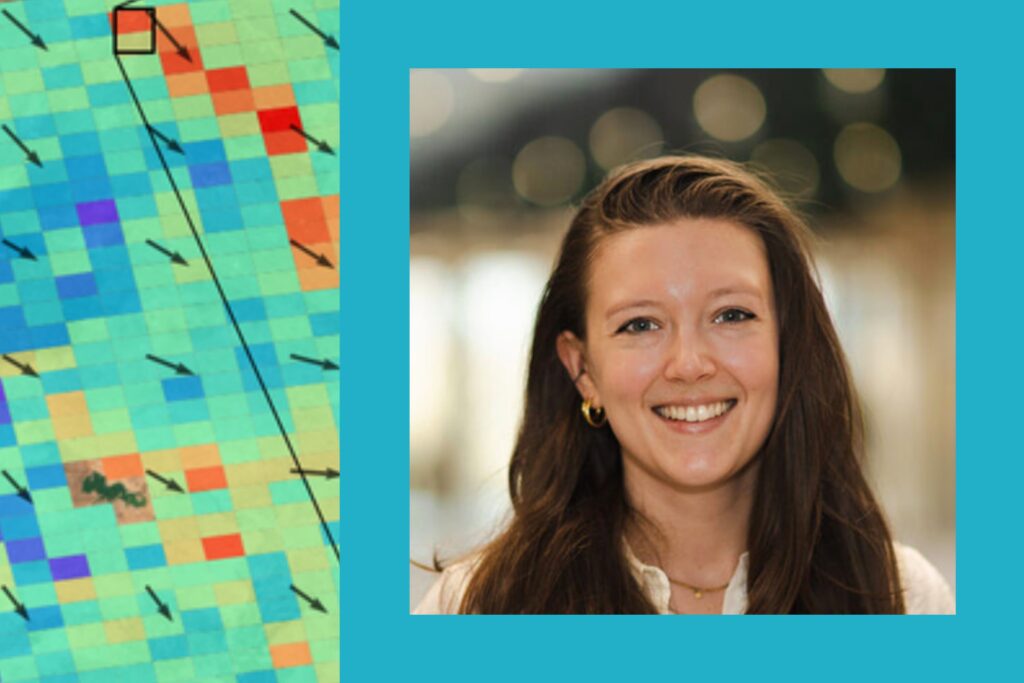For International Day of Women and Girls in Science 2024 on February 11th, we asked four female professionals within SRON Netherlands Institute for Space Research about their current space- or science mission, their contribution to the project, their drive and their advice to women and girls with pursuing dreams in science, and its technology & engineering. This is part 3.

Julia Wasala, Computer Science PhD candidate
LIACS/SRON collaboration with ESA Phi-Lab
What mission or project are you working on?
“Detecting Methane Plumes with Machine Learning. I am a Computer Science PhD candidate at LIACS, Leiden University’s computer science department and SRON and I collaborate with ESA Phi-Lab. We look for plumes in TROPOMI methane data using machine learning techniques.”
What is your role and contribution?
“The SRON methane data analysis group, led by Ilse Aben and Bram Maasakkers, is incredibly experienced on the topic of methane. A PhD student in this group, Berend Schuit, has recently published a cool paper about detecting methane plumes with machine learning. This model is being used to detect new plumes every week. The machine learning model is where my computer science background comes into play: we can use smart algorithms to make models even better by automatically configuring them, or even design completely new models. My role as a computer scientists is to use these algorithms so we can further improve the detection of methane plumes.”
What do you like about your work?
“I love that my work is really interdisciplinary. Computer science is a little abstract, but I get to work on a very relevant problem: climate change. I’m really grateful for the opportunity to work at SRON, because it brings me closer to the people that work on solving problems like climate change on a daily basis.”
What would you like to say to girls and women with ambitions to work in science?
“Many women I know say they tend to put too much on their plate. I think we sometimes tend to work much harder than we really have to, because we think that’s what it takes to stand out. I’d say to that: work hard most of all because you love the work. Don’t prioritise making other people think you’re deserving.”


